Decolonization
We are primarily interested in decolonization of the arts, although it is impossible to completely dissociate decolonization from its historical roots in the post World War 2 political context. In this usage, decolonization refers to nation-states that had been under colonial rule from foreign - mostly European - countries breaking with those empires to become ‘independent’ states. In the case of the Americas, this refers directly to Indigenous nations.
In its current usage, decolonization has come to include these political struggles but also a more general imperative for self-determination. This can be expressed in contemporary society in cultural, emotional, spiritual and psychological ways. ‘Do not colonize my body.’ ‘Religions themselves are pernicious; they need to decolonize.’ ‘Universities in Canada are trying to decolonize…is that even possible?’
Decolonization in the arts implies these three components:
1. The art system in Canada cannot continue to centre itself on European art forms. Hence the pressing need to put Indigenous art forms - both customary and contemporary - at the centre. And to insist that art forms that have arrived in Canada are essential parts of “Canadian Culture(s)’ and therefore need to be understood and evaluated in the Canadian context.
2. The impact of decolonization is not simply giving ‘access’ or ‘including’ these arts practices, and then continuing with arts business as usual. It means deep structural changes to visioning, mandates, policies and programming. Decolonization goes much beyond Multiculturalism. It implies that arts institutions and organizations change the power relations that function underneath the assumptions about what art is, who makes it and who comprises the audience.
3. Decolonization will take time. Structures and attitudes that derive from colonialism and that have pervaded the art system for decades will not change overnight. Collectively, IBPoC artists and activists in the arts have just begun to figure out what decolonization means and what methodologies truly have an impact. There is a unseemly rush to Indigenize, but that also may or may not happen over time. Indigenous arts communities are working through the complexities of Indigenization, some do not even feel that this is possible or even desirable in a context of Indigenous artistic self-determination. However, it is clear that there can be no Indigenization without decolonization.
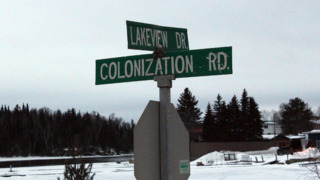
Sharing Insights
Michelle St-John
In towns throughout Ontario, there are startling reminders of the colonization of Indigenous territories and the disp...
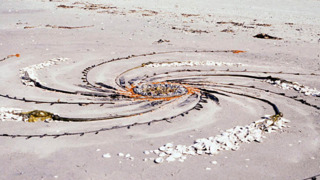
Sharing Insights
Eve Tuck, K. Wayne Yang
This article reminds readers about what is unsettling about decolonization. Decolonization brings about the repatriat...
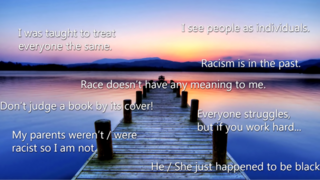
Sharing Insights
Dr. Robin Diangelo
Dr. Robin Diangelo has been an anti-racist educator for over two decades. She has heard justifications of racism by w...
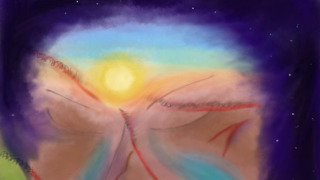
Sharing Insights
Every diagnosis of the present contains within it some vision for a preferred future, however implicit. While there i...
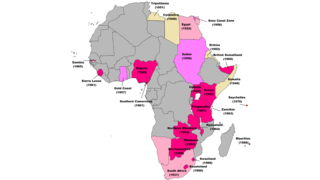
Sharing Insights
Dr. Chanda Prescod-Weinstein
This article discusses the increasing use of the term ‘decolonization’ and challenges the definition formulated by Tu...
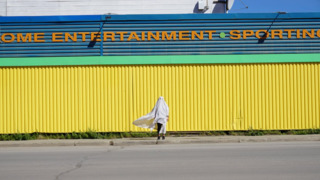
Sharing Insights
Eve Tuck
In this open letter, Eve Tuck calls on communities, researchers, and educators to reconsider the long-term impact of ...
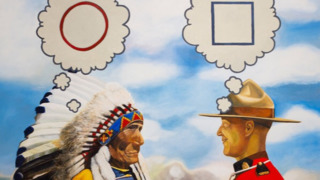
Sharing Insights
Elwood Jimmy, Vanessa de Oliveira Andreotti
Towards Braiding, the collaborative research of Elwood Jimmy and Vanessa de Oliveira Andreotti interrogates the 'busi...
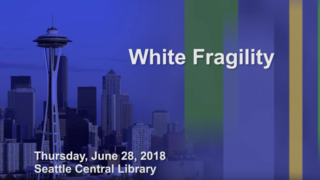
Sharing Insights
Dr. Robin Diangelo
University of Washington professor Dr. Robin DiAngelo reads from her book "White Fragility: Why It's So Hard for Whit...
Displaying projects 1 - 8 of 9 in total